St Johnstone’s losses of £1.5 million have dealt a blow to the idea they’re one of Scotland’s best-run football clubs.
A disastrous period of player recruitment, with shoddy systems of football administration and player identification, which were miles short of the standard required in the modern game, has cost Saints dear.
It’s also left manager Steven MacLean hastily reassembling his squad and fighting to avoid the drop which, if it happens, would eat further into Saints’ fortunately still healthy cash reserves.
In football, if you over-invest in too many poor and overpaid players, without analysing and scouting them acutely enough, and if the folk who were charged with those tasks lack the contacts, skills and methodologies to perform those tasks, then it catches up with a club very quickly.
St Johnstone’s recruitment chickens have come home to roost, but these eggs have been a while in the laying.
Tommy Wright, when he was boss, was critical of the club’s failures in the recruitment area, but he had a wealth of experience, nous and contacts to paper over the cracks.
Bad player recruitment has hurt Saints very badly – and it’s an area they must address rapidly.
CEO Stan Harris has acknowledged this, saying: “Recruitment and administration has been a constant issue within our football department.
“The biggest area in the modern game – and an area that we are quickly catching up on – is digital data and player analysis.”
Modern football requires modern recruitment methodology to supplement and enhance traditional and existing scouting practice.
Objectively verifiable player data on distances covered, passing accuracy, interceptions, assists and a hundred other pieces of information are crucial in adding to more esoteric and subjective scouting opinion on equally crucial components of potential signings, such as attitude, character and temperament.
Both modern and traditional methods are required to identify and target the signings that make the difference between success and failure, and between profit and loss.
The current situation in Perth shows how rapidly things can change in football and how constant vigilance is required.
Former chairman Steve Brown’s last financial year results are now in danger of overshadowing his tenure as a treble cup-winner, proving how quickly the transition from hero to zero can be in football.
Saints are no basket case: this isn’t a club in financial peril. They still have £4.5 million cash reserves, are debt free and own McDiarmid Park, lock, stock and barrel.
But those kinds of losses have been a bad omen for other clubs who’ve subsequently fallen foul of football’s financial realities.
Both Dundee clubs know all about the dangers of overreaching, over-paying and over-extending themselves; in Dundee’s case almost to the point of extinction.
Saints are open to offers, but the sale of the club won’t be accelerated with this poor financial news.
For me, that’s a good thing.
I’ve never really thought Geoff Brown wanted to part with something so much a part of him.
St Johnstone have recognised the problem and have the right folk in charge now.
It’ll take time, but there’s no reason why Saints can’t recover – on and off the pitch.
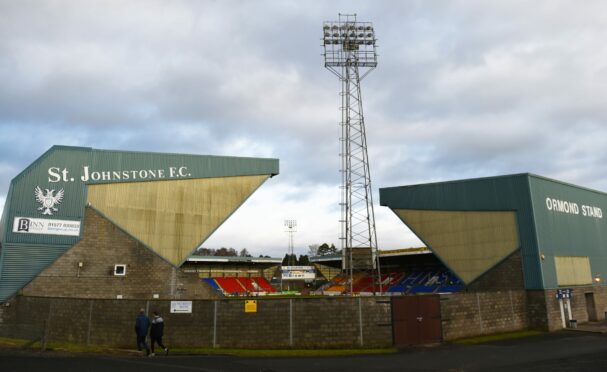

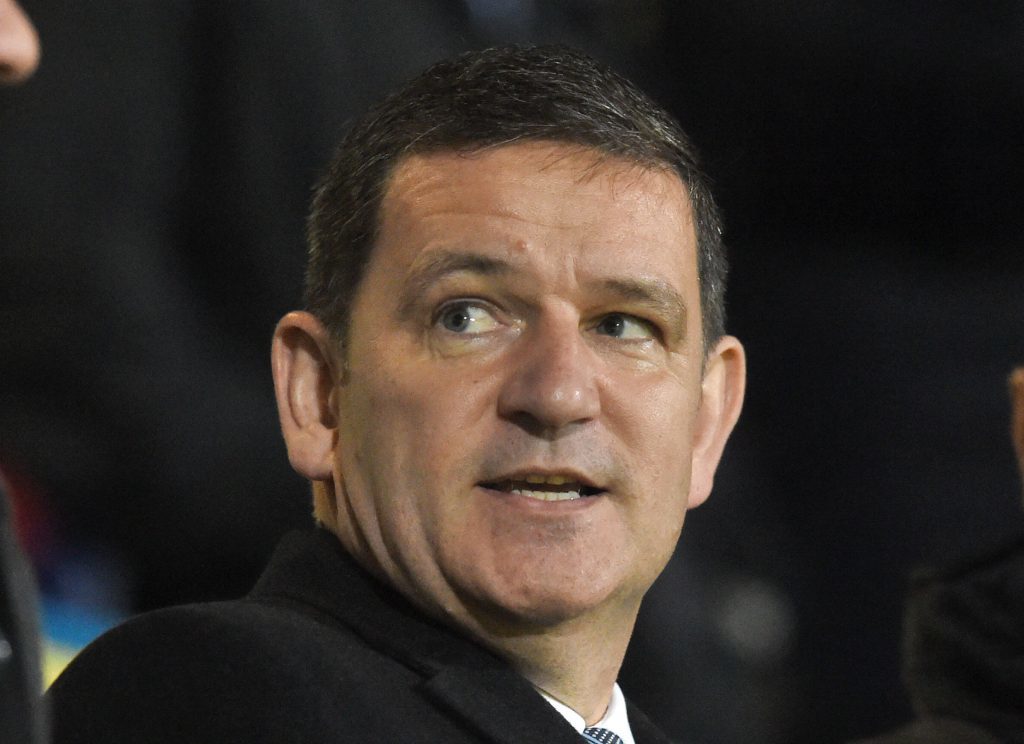
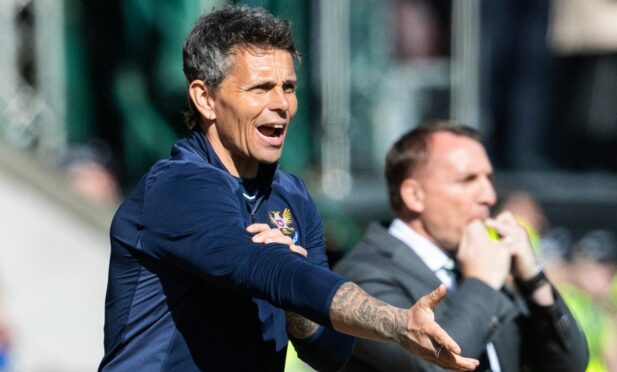
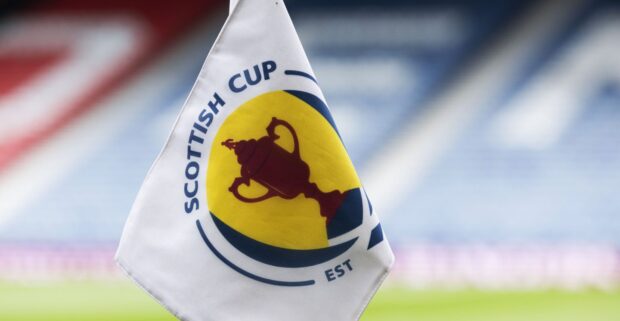


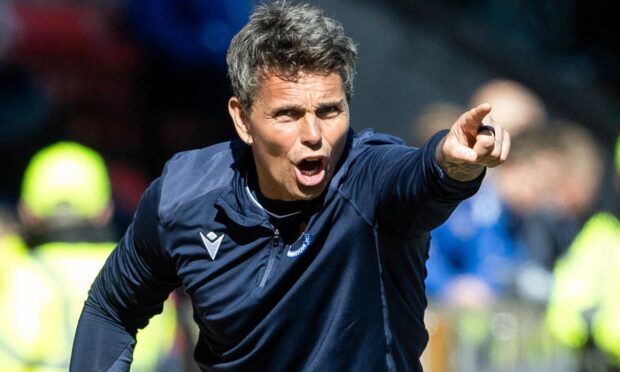
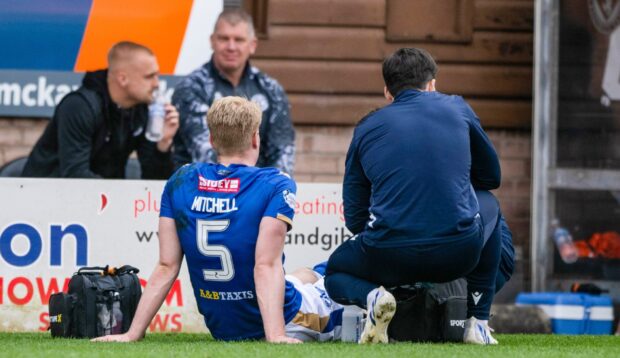
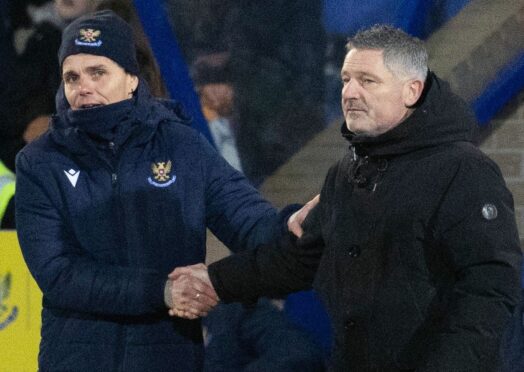
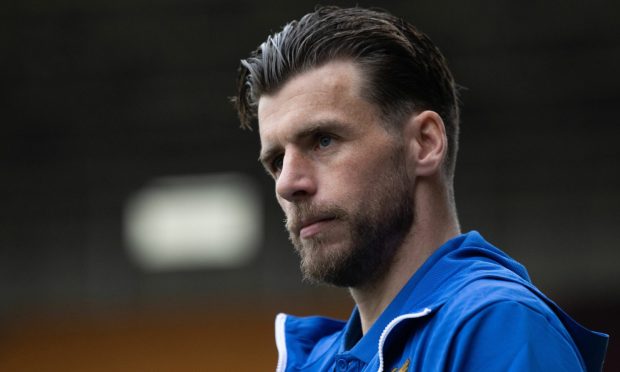

Conversation